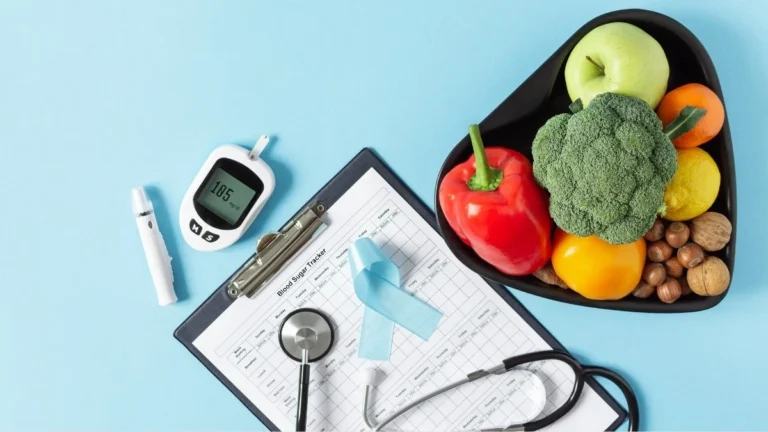7 Brain-Protecting Foods Neurologists Actually Recommend for Cognitive Longevity

If you could reduce your Alzheimer’s risk by 53% just by changing what’s on your plate, would you do it?
You’re worried about forgetting names. Losing your keys. Watching a parent struggle with dementia and wondering if you’re next. The internet throws a thousand “brain superfoods” at you, but which ones actually work?
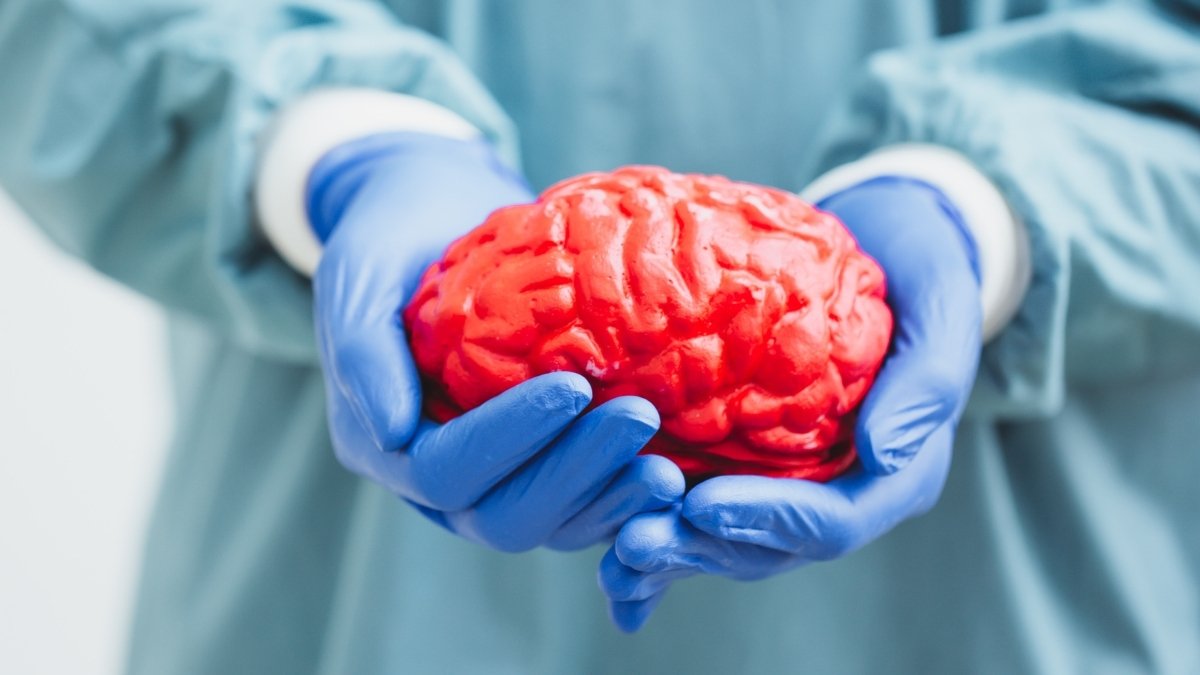
Here’s the truth: neurologists recommend specific brain-protecting foods backed by decades of research, not marketing hype. These aren’t exotic berries from the Amazon. They’re foods you can buy today at any grocery store.
In this guide, you’ll learn the 7 foods neurologists eat themselves for cognitive longevity. You’ll discover exactly how much to eat, how often, and why these work when trendy supplements don’t. Each food has been tested in major university studies involving thousands of people.
Why Brain-Protecting Foods Matter for Cognitive Longevity
Your brain starts shrinking in your mid-20s. Most people don’t know this until memory problems begin decades later. By then, reversing damage becomes nearly impossible.
Here’s the good news: what you eat today shapes your brain tomorrow. Studies show the MIND diet cuts Alzheimer’s risk by 53%. That’s better than most medications. Mediterranean-style eaters have 30-35% lower dementia rates. Diet controls 30-40% of your dementia risk—more than you think.
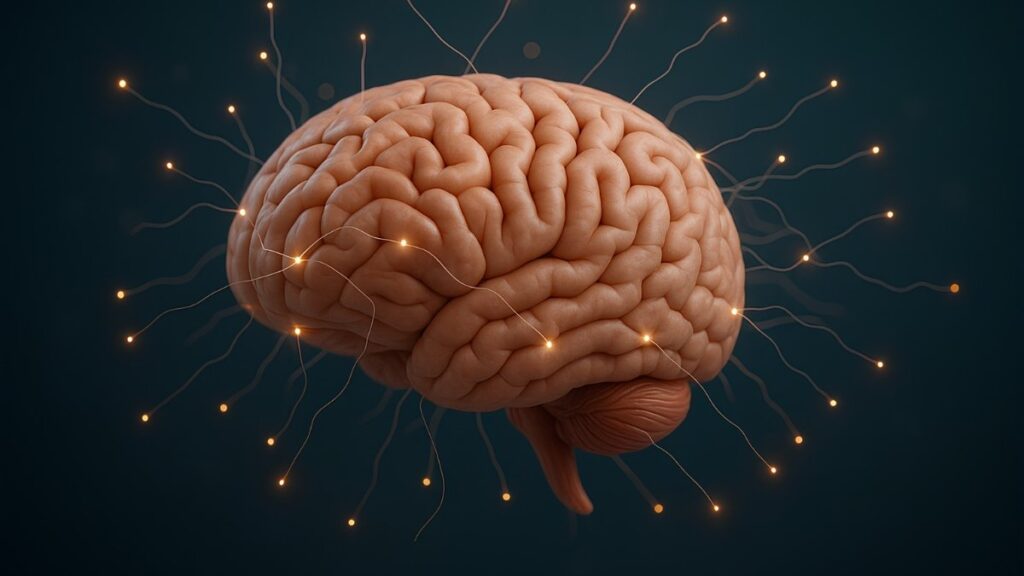
Your brain faces two main enemies: inflammation and oxidative stress. Think of them as rust eating away at your neural pathways. Brain-protecting foods fight back with antioxidants, anti-inflammatory compounds, and healthy fats. They work like a shield, protecting the connections that hold your memories.
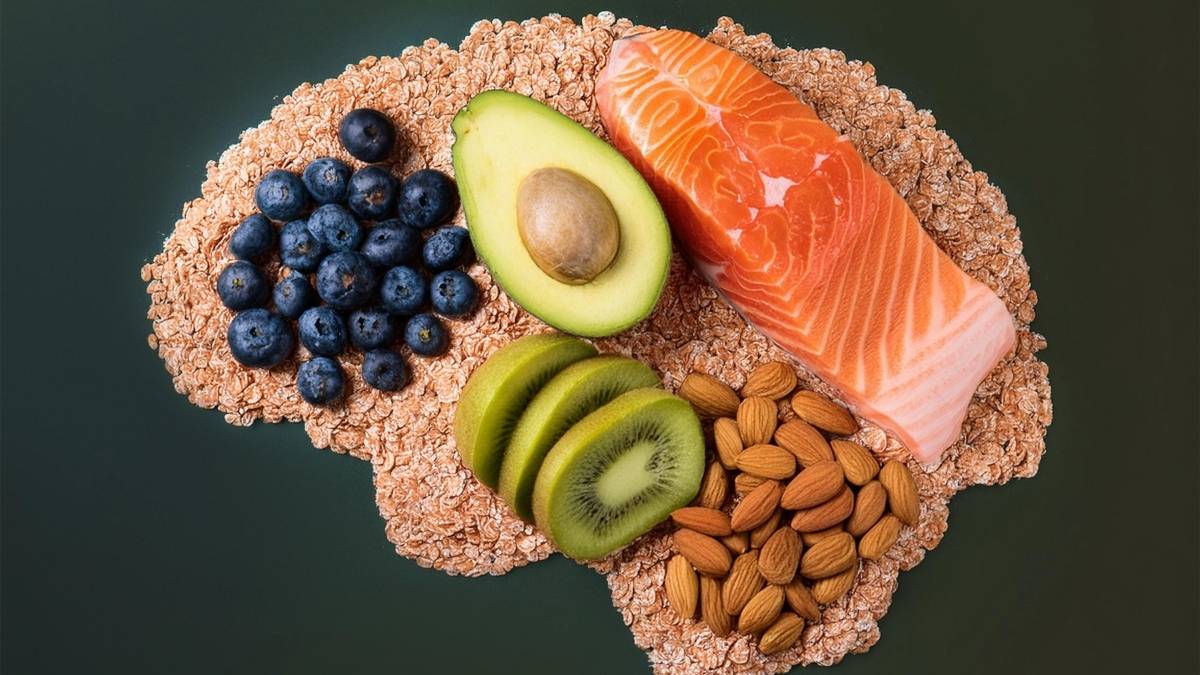
After 60, brain shrinkage speeds up. But cognitive longevity foods slow this process. Every year you protect your brain health delays decline. Prevention beats treatment every time. The foods you choose today determine how sharp you’ll be at 70, 80, and beyond.
1. Fatty Fish: The Omega-3 Powerhouse for Brain Structure
Your brain is 60% fat. Feed it the wrong kind, and it struggles. Feed it omega-3s, and it thrives.
DHA makes up 40% of your brain’s polyunsaturated fats. Without enough, your brain cells can’t communicate properly. Rush University found that eating fish just once a week slows cognitive decline by 10%. That’s one meal protecting years of memory.
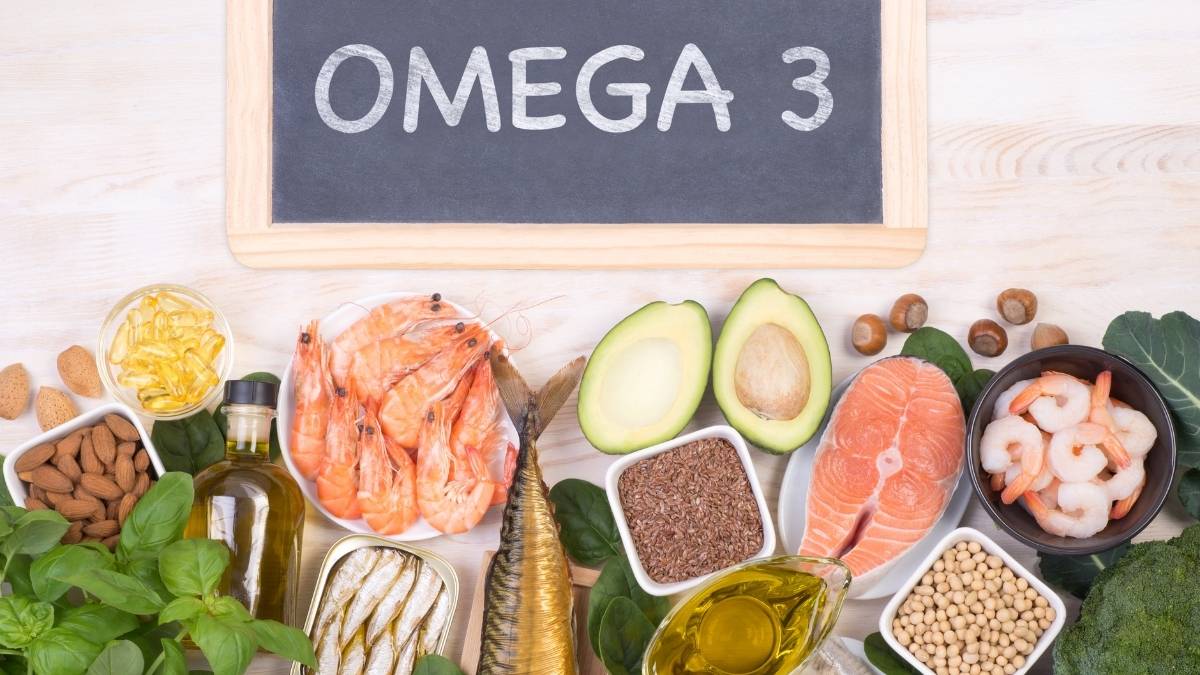
Wild salmon, sardines, mackerel, and anchovies top the list of brain-protecting foods. Neurologists recommend 2-3 servings weekly. Wild salmon contains nearly double the omega-3s of farmed salmon. Dr. Lisa Mosconi, Cornell neurologist, calls fish “the ultimate brain food” for good reason.
Worried about mercury? Stick to smaller fish like sardines and anchovies. They’re low on the food chain, so they contain less contamination. Salmon is safe too when you choose wild-caught.
How to Add It: 3 Easy Weekly Meals
Monday: Canned sardines on whole-grain toast with avocado (5 minutes)
Thursday: Baked salmon with roasted vegetables (20 minutes)
Saturday: Mackerel salad with mixed greens and olive oil (10 minutes)
2. Leafy Greens: Nature’s Neuroprotective Medicine
One cup of kale contains 26,000 mcg of lutein. That’s the brain-protecting compound that crosses straight into your brain tissue.
Rush University’s Memory and Aging Project tracked people for years. Those who ate 1-2 servings of leafy greens daily had brains that acted 11 years younger. Dr. Martha Clare Morris found this was one of the strongest foods for brain health in her research.
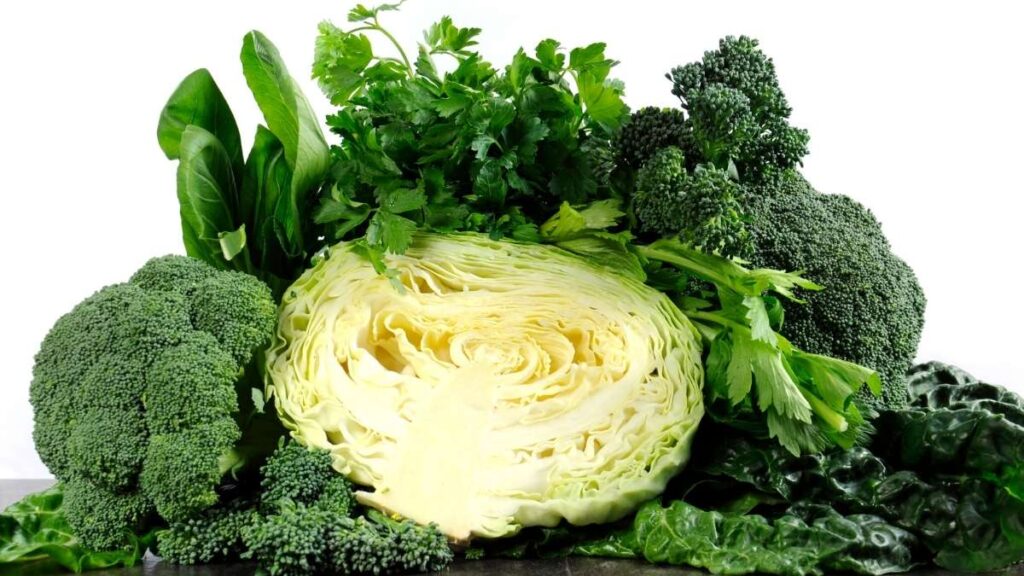
Kale, spinach, collards, and Swiss chard pack four key nutrients: lutein, folate, vitamin K, and beta-carotene. These neuroprotective compounds reduce inflammation and lower homocysteine. High homocysteine is toxic to your brain cells. Folate from greens brings it down naturally.
Here’s what most people miss: your body absorbs these nutrients better when paired with fat. Cooking greens helps too, breaking down cell walls so you absorb more.
Absorption Hack
Always eat leafy greens with healthy fats for better nutrient uptake:
- Drizzle olive oil on your salad
- Add avocado slices to your spinach
- Cook greens in a bit of butter or coconut oil
3. Blueberries: The Antioxidant Brain Shield
Blueberries go straight to your brain’s memory center. The anthocyanins (powerful antioxidants) cross the blood-brain barrier and camp out in your hippocampus.
Dr. Robert Krikorian at University of Cincinnati tested this. Older adults ate blueberries daily for 12 weeks. Their memory improved measurably. The Nurses’ Health Study found even better news: regular berry eaters delayed cognitive aging by 2.5 years.
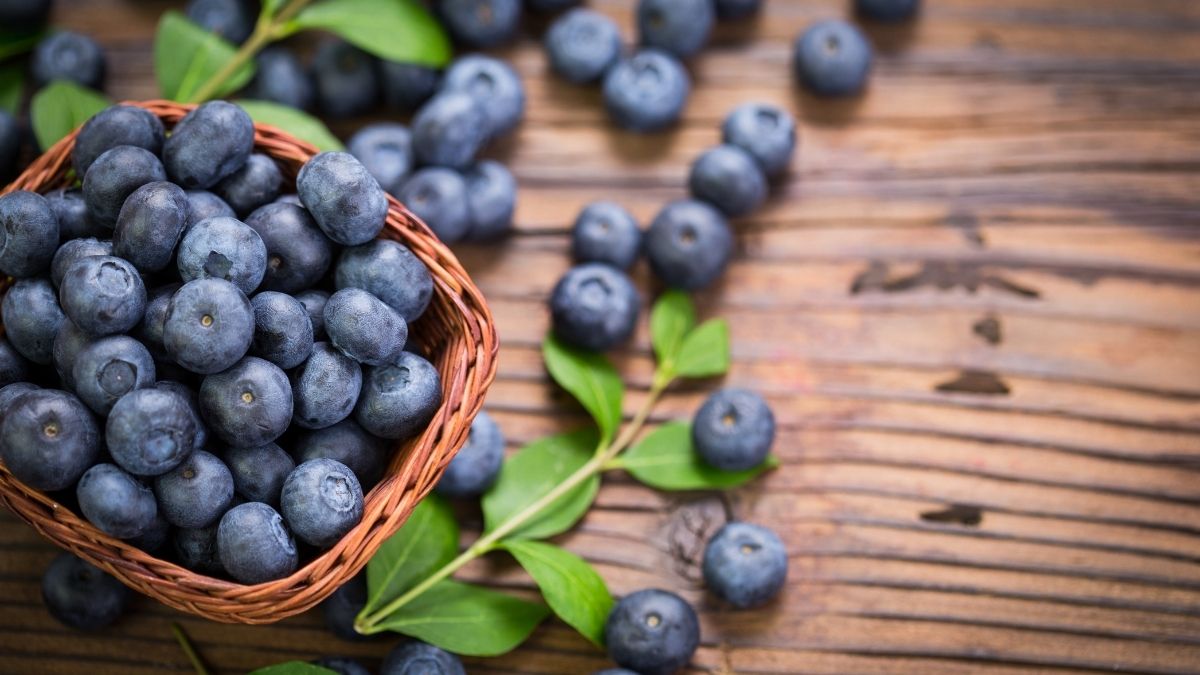
Wild blueberries pack twice the antioxidant power of regular ones. They’re smaller because they grow in harsh conditions, which makes them produce more brain-protecting compounds. Aim for 1/2 to 1 cup several times a week.
Frozen berries work just as well as fresh. They’re picked at peak ripeness and flash-frozen, locking in nutrients. Sometimes they’re even better because they’re cheaper and last longer.
These antioxidants for brain health reduce oxidative stress—the cellular damage that ages your brain faster.
Beyond Berries
Can’t find blueberries? These work too:
- Strawberries: High in vitamin C and anthocyanins
- Blackberries: Nearly equal antioxidant scores
- Raspberries: Great for brain inflammation
4. Extra Virgin Olive Oil: Liquid Gold for Brain Cells
Most olive oil in US stores is fake. Studies show 60-70% is either diluted or mislabeled. That matters because only real extra virgin olive oil protects your brain.
The PREDIMED study tracked thousands of people for years. Those who used authentic EVOO scored better on cognitive tests. Temple University found it reduced Alzheimer’s plaques in brain tissue. Dr. Lisa Mosconi recommends high-quality Mediterranean EVOO as one of the top neurologist recommended foods.
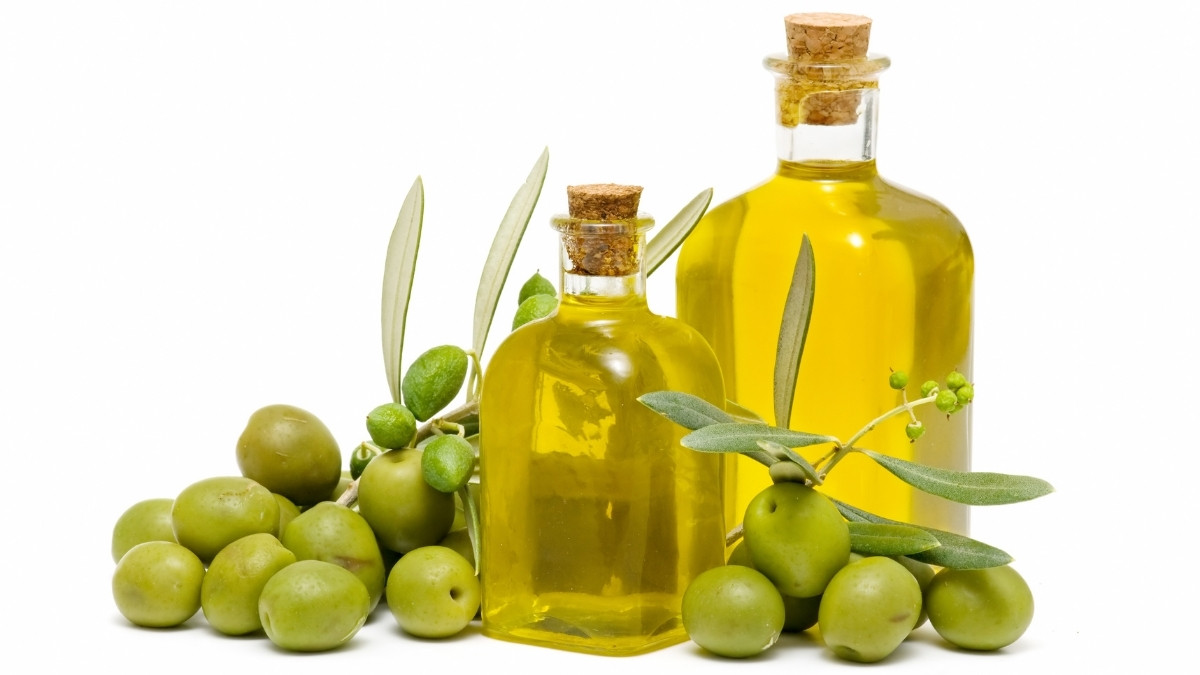
Oleocanthal—a polyphenol in real olive oil—stops amyloid plaques from forming. These plaques cause Alzheimer’s. The monounsaturated fats keep your brain cell membranes flexible and healthy. Aim for 2-4 tablespoons daily.
Real EVOO has a peppery bite in your throat. That slight burn means polyphenols are present.
5 Signs of Real Extra Virgin Olive Oil
✓ Harvest date listed (within last 18 months) ✓ Dark glass bottle (light destroys nutrients) ✓ Peppery, bitter taste (polyphenols at work) ✓ Single origin listed (not “bottled in Italy”) ✓ Certified seal (PDO, PGI, or COOC)
5. Nuts and Seeds: Brain-Boosting Vitamin E Treasures
Walnuts look like tiny brains for a reason. They contain the highest plant-based omega-3s of any nut—2.5g of ALA per ounce.
The Chicago Health and Aging Project tracked thousands of older adults. Those who got vitamin E from foods for brain health cut their Alzheimer’s risk by 25%. Here’s the catch: vitamin E supplements didn’t work. Only food sources showed these cognitive benefits.
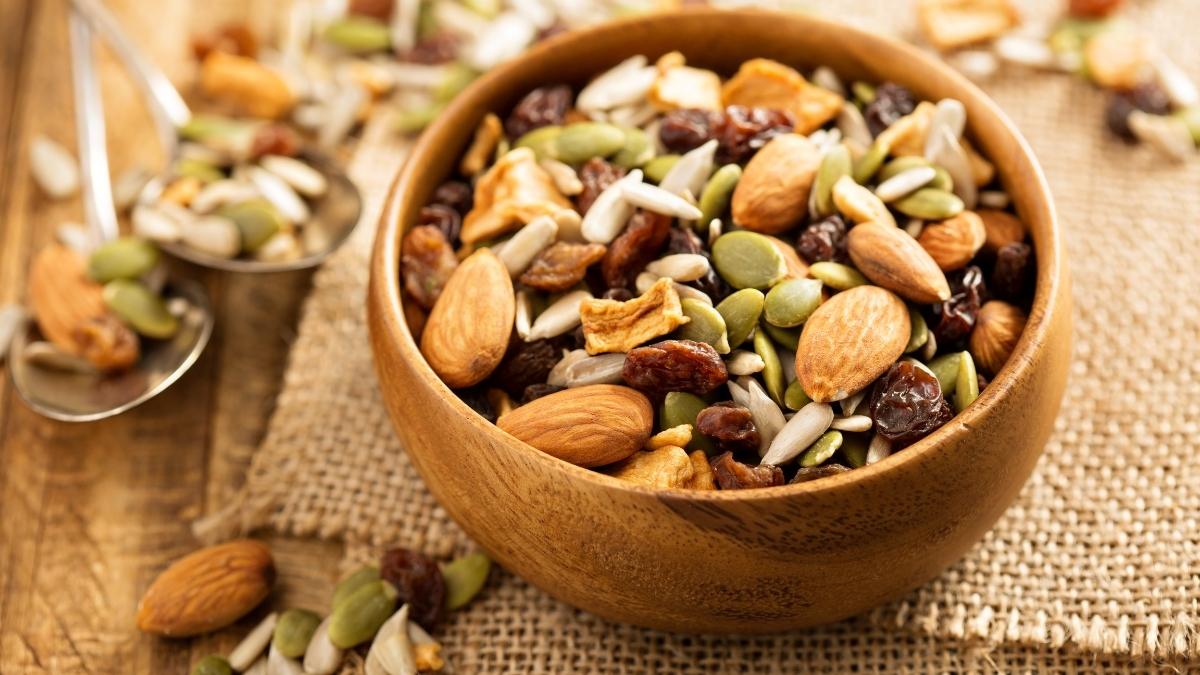
Vitamin E guards your brain cell membranes from oxidative damage—the wear and tear that ages your brain. Almonds, walnuts, pumpkin seeds, and sunflower seeds are your best choices among brain-protecting foods.
Stick to one ounce daily (about a small handful). Raw or dry-roasted nuts preserve more nutrients than oil-roasted. Skip the salted versions—excess sodium counteracts the benefits.
Snack Smart: Pre-Portioned Mix
Make weekly bags with:
- 10 walnut halves (omega-3 power)
- 12 almonds (vitamin E boost)
- 1 tablespoon pumpkin seeds (zinc and magnesium)
Perfect grab-and-go brain fuel.
6. Dark Chocolate: The Delicious Cognitive Enhancer
Yes, chocolate made the neurologist recommended list. But only the right kind protects your brain.
Columbia University tested high-flavanol cocoa on adults aged 50-69. Memory improved noticeably. Dr. Scott Small’s research showed flavanols boost blood flow to the dentate gyrus—your brain’s memory formation center. Italian studies found daily chocolate eaters had better cognitive function across the board.
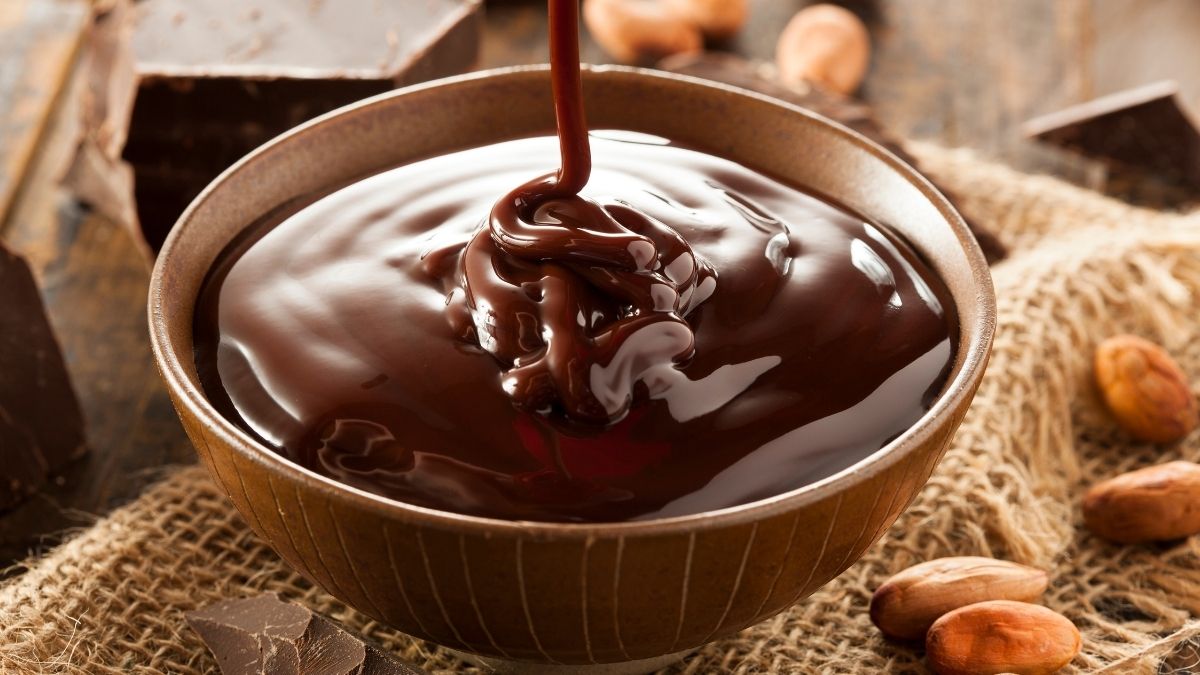
It must be 70% cacao or higher. Milk chocolate has too much sugar and not enough flavanols. The flavonoids in dark chocolate increase blood flow to your brain and help it form new neural connections. Caffeine and theobromine add a mental sharpness boost.
Aim for 1-2 ounces several times weekly. Choose minimally processed, organic brands. Avoid “dutched” or alkali-processed chocolate—this destroys up to 90% of flavanols.
The Cacao Confusion
High cacao percentage doesn’t guarantee high flavanols. Processing matters more than the number on the label. Look for:
- “Non-alkalized” or “natural process”
- Minimal ingredients (cacao, cocoa butter, small amount of sugar)
- Avoid “processed with alkali”
7. Green Tea: The Neuroprotective Daily Ritual
Japanese centenarians drink 2-3 cups daily. Now science shows why this habit protects their brains for decades.
The Ohsaki study tracked 13,000 Japanese adults. Those drinking 2+ cups daily had 64% lower cognitive impairment. A Singapore study found even better news: regular tea drinkers cut dementia risk by 50%.
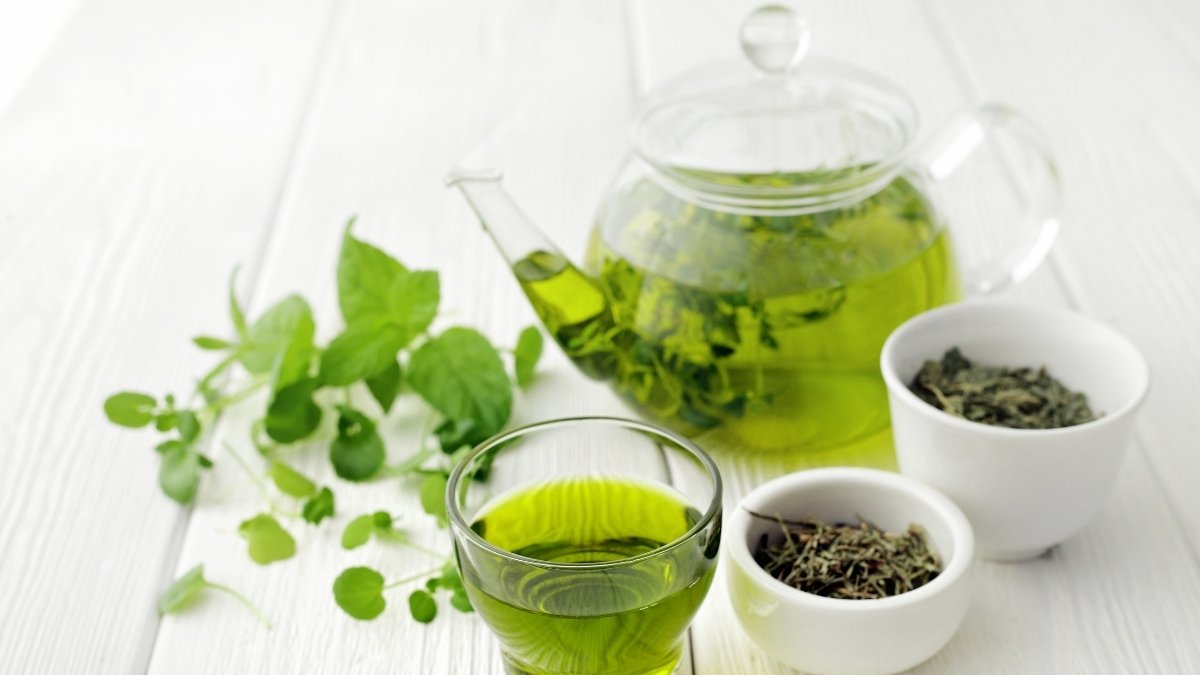
Two neuroprotective compounds do the work: EGCG and L-theanine. Both cross straight into your brain. EGCG stops beta-amyloid plaques from forming—the sticky protein clumps that cause Alzheimer’s. L-theanine teams up with caffeine to sharpen your focus and working memory without jitters.
Matcha gives you 3x the benefits because you consume the whole leaf, not just brewed water. Dr. Yasuo Kuroda’s research confirms green tea as one of the most powerful brain-protecting foods for cognitive longevity.
Brewing for Benefits
Wrong temperature destroys EGCG. Follow this:
- Heat water to 160-180°F (not boiling)
- Steep 2-3 minutes (longer = bitter, not stronger)
- Don’t microwave—uneven heating reduces benefits
How to Build Your Brain-Protecting Meal Plan
You don’t need to eat perfectly. MIND diet research shows loose followers still get benefits. Even hitting 5-6 of these foods for brain health weekly makes a difference.
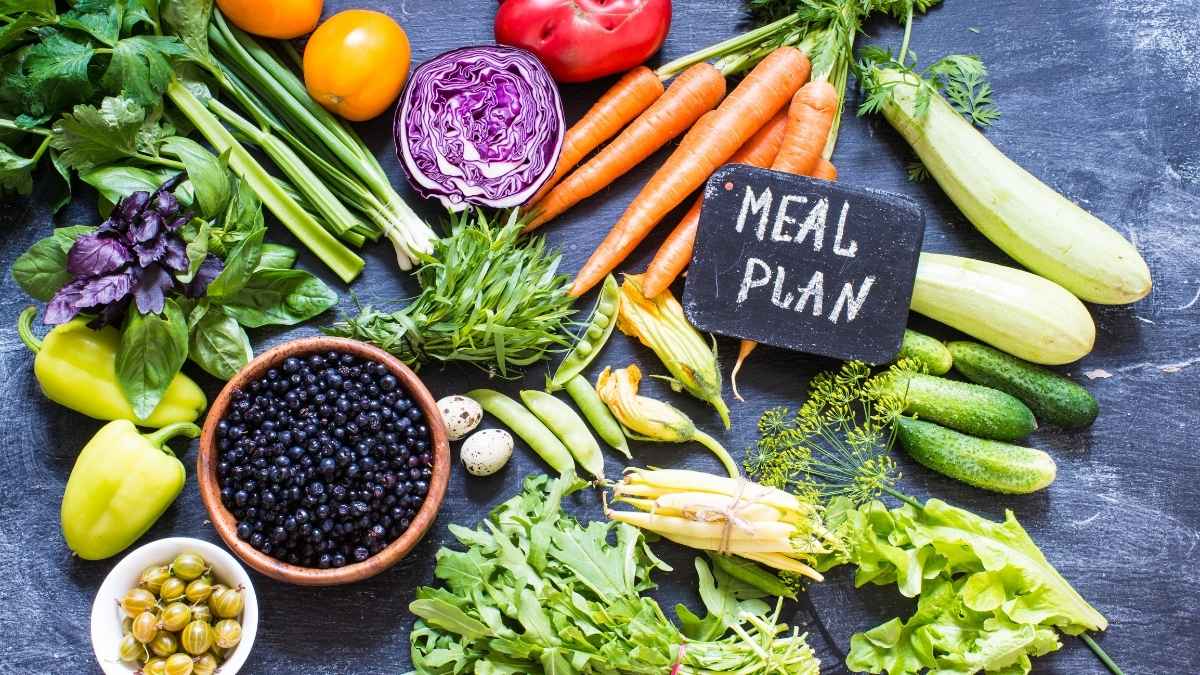
These cognitive longevity foods work better together. Olive oil helps you absorb nutrients from greens. Fish omega-3s and berry antioxidants team up to fight inflammation. Combining them creates synergistic effects your brain craves.
Brain-protecting diets cost about the same as standard eating—sometimes less. Frozen fish, canned sardines, and frozen berries are budget-friendly. Meal prep on Sundays: portion nuts, wash greens, brew tea for the week.

3-Day Sample Menu
Day 1:
- Breakfast: Green tea + oatmeal with blueberries and walnuts
- Lunch: Spinach salad with salmon, olive oil dressing
- Snack: Dark chocolate square + almonds
- Dinner: Kale sauté with sardines
Day 2:
- Breakfast: Green tea + scrambled eggs with spinach
- Lunch: Mackerel on mixed greens, olive oil
- Snack: Berries + pumpkin seeds
- Dinner: Grilled salmon with Swiss chard
Day 3:
- Breakfast: Matcha + Greek yogurt with blueberries
- Lunch: Collard wraps with sardines, avocado
- Snack: Walnuts + dark chocolate
- Dinner: Kale soup with white beans, olive oil drizzle
Budget Shopping List (Weekly)
Proteins ($15-20):
- 2 cans sardines ($4)
- 1 can wild salmon ($5)
- Fresh mackerel or salmon ($8-12)
Produce ($10-15):
- Bagged spinach ($3)
- Kale bunch ($2)
- Frozen blueberries ($4)
- Mixed greens ($3)
Pantry ($12-15):
- Extra virgin olive oil, quality bottle ($10)
- Raw walnuts, bulk ($3)
- Green tea bags ($2)
Treats ($5):
- 70%+ dark chocolate bar ($5)
Total: $42-55/week (feeds one person, all 7 brain-protecting foods)
Laslty,
These 7 brain-protecting foods aren’t magic pills. They’re backed by neuroscience research tracking thousands of people for decades. The studies are clear: what you eat shapes how your brain ages.
You don’t need to overhaul your entire diet tomorrow. Start with 2-3 foods this week. Add more as they become habits. Consistency beats perfection every time.

Here’s what matters: food-based nutrients outperform supplements in every study. Your brain absorbs and uses nutrients from real food better than any pill. Every meal is a chance to protect your memory, focus, and cognitive function.
Which of these 7 brain-protecting foods will you add to your plate this week? Start with your favorite, and gradually incorporate the others. Your future brain will thank you.
Remember, cognitive longevity isn’t about a single superfood—it’s about consistently choosing brain-protecting foods that neurologists recommend based on decades of research.



